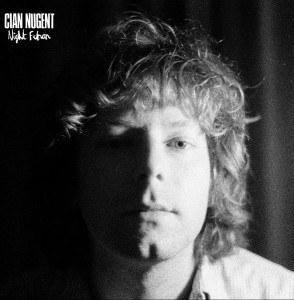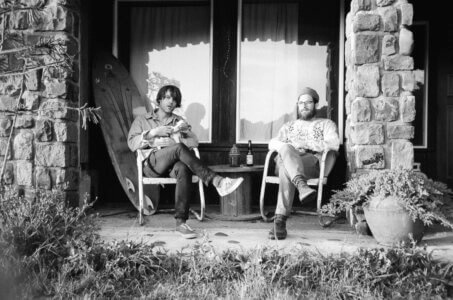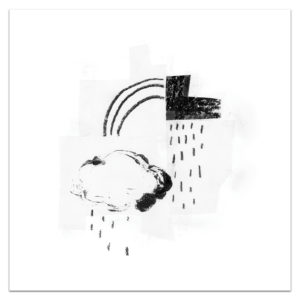
8.0/10
If Only There Was A River
Anna St. Louis
Though tone seems to be more of a driving energy in freshening up old genres these days, Anna St. Louis is showing that a distinct voice can be just as important. As St. Louis tackles folk-country in ways it hasn’t seen in some time, she brings out a mystical quality usually reserved for her rock contemporaries. However it’s the more scatterbrained and rare moments of powerfully transcendent writing that end up holding the record back as a whole.
If St. Louis’ music stands out for anything, it’s her way of making even the simplest guitar lines seem mystical and cinematic. Through the meditative riffing of “Water” there’s a constant growing atmosphere, and one that you’re sad to hear leave the record as long as it does. Unfortunately this sharp contrast in tone can make a song like “Understand” seem bland by comparison, despite all its beauty and pain. To her credit however, St. Louis brings a wonder in her vocal delivery that really creates a distinct note in her writing. With each song, you find a core growing and growing, taking on new life in final moments where you’d all but start tuning out. Even “The Bells” starts to get its strings playing with more immediacy as it rounds out desperately.
“Paradise” centres much more around the vocals and story that St. Louis brings forward, and lets both guide the arrangements in a strangely intriguing way. Repetitive as the writing is here, there’s such a unique direction in her already powerful voice that you will be too caught up to care. “Daisy” on the other hand throws back to a McCartney and Zeppelin feeling for a sweeping guitar interlude that brings out a darkness despite its blooming warmth. Much in the same way, “Desert” quickly moves from a sweet love song, to an introspective and heavily dark song of longing without return. It’s this transformative writing and the way later hooks almost sound like living beings that make the song so shocking to hear.
As St. Louis takes a much more direct country crawl on “Hello” she at least offers a sense of deep conflict that taps into the genre’s aptitude for emotive wallowing. Even so, the more you follow the song, there’s a sense of emotional complexity inside that grows as the writing does. St. Louis returns to her more modern writing on “Freedom” where the mix bounces between her and the bass, and leaves space to let everyone else play more eccentrically. This more spacey energy keeps the track interesting and shows a sense of range in her writing that shows where she can go with a more ambitious follow-up. The narrative power of “Mean Love” drives it during its early sections that offer you less to hold onto musically. If you hold out however, the mix of strange bass and creepy harmonies is more than worth the wait.
As the record draws to a close, these same feelings of inconsistency between songs becomes a little more obvious. Though “Wind” does show another bit of lyrical brilliance from St. Louis, it demands a lot more from you on other fronts. This does however make the more elevated folk tones of “River” feel more magical as it closes the record with a swinging mix of harmonies and ambiguous lyricism.
Words by Owen Maxwell
Latest Reviews
Tracks
Related Albums
Related News
Advertisement
Looking for something new to listen to?
Sign up to our all-new newsletter for top-notch reviews, news, videos and playlists.













